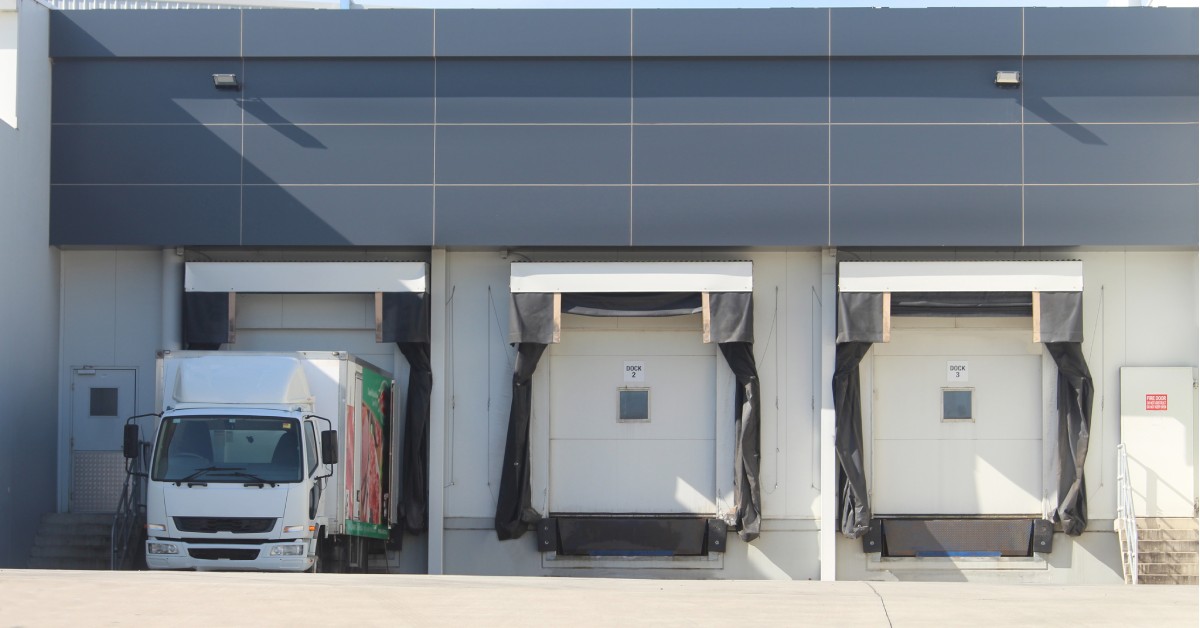Cold chain logistics plays a crucial role in maintaining the integrity and quality of temperature-sensitive products throughout the supply chain. This process involves transporting and storing perishable goods, such as food, pharmaceuticals, and biological samples, helping them remain within specific temperature ranges. Let’s take a closer look at cold chain logistics, exploring its benefits, challenges, and future developments.
Understanding Cold Chain Logistics
Cold chain logistics encompasses the activities involved in storing and transporting temperature-sensitive products. This process includes a network of refrigerated transportation systems, temperature-controlled storage facilities, and advanced monitoring technologies.
Maintaining the required temperature throughout the supply chain is essential for preserving product quality and safety, preventing spoilage, and reducing waste. Experienced pallet management services can help you find the right materials that enhance temperature preservation.
The Importance of Temperature Control
Temperature control is the backbone of cold chain logistics. Different products require different temperature ranges. For example, fresh produce should stay between 32°F and 41°F, while frozen foods must remain at or below 0°F.
Pharmaceuticals may require even more precise temperature controls. Failing to maintain the appropriate temperature can lead to significant losses, regulatory penalties, and a damaged reputation.
Key Components of Cold Chain Logistics
Several components contribute to effective cold chain logistics. First, temperature-controlled storage facilities must have refrigeration systems that maintain the desired temperatures.
Second, transportation vehicles, like refrigerated trucks and containers, must uphold temperature integrity during transit. You’ll also need a company that offers experienced pallet management services to create custom pallets designed for temperature control.
Third, robust monitoring systems, including temperature sensors and data loggers, provide real-time visibility of the temperature of the goods, enabling swift action if deviations occur. Additionally, staff training is crucial, as employees must understand best practices for handling temperature-sensitive products.
Challenges in Cold Chain Logistics
Despite its importance, cold chain logistics faces several challenges. One primary issue is the high cost of establishing and maintaining temperature-controlled facilities and transportation.
These costs can deter small and medium-sized enterprises from investing in effective cold chain solutions. Additionally, logistical disruptions, such as delays in transportation or equipment failures, can compromise the temperature of products, leading to spoilage and financial losses.
Another challenge is ensuring regulatory compliance. Many industries, especially pharmaceuticals and food, have strict regulations governing the transportation and storage of temperature-sensitive products. Failure to comply can result in fines and loss of business.
The Future of Cold Chain Logistics
The future of cold chain logistics looks promising as technology continues to evolve. Innovations such as IoT devices, which enable real-time tracking and monitoring, and automation in warehouses can enhance efficiency and reduce human error.
As cold chain logistics continues to develop, businesses will benefit from adopting pallet management services to optimize their operations. The services from First Alliance Logistics Management can help businesses streamline pallet handling, storage, and transportation. Our products will give your company better organization and efficiency throughout its supply chain.
Taking a closer look at cold chain logistics reveals its importance in maintaining the quality and safety of temperature-sensitive products. Business owners and logistics managers can make informed decisions to enhance operations and ensure compliance by understanding the components, challenges, and future developments associated with cold chain logistics. Visit our website to see how our team can take your logistics operations to the next level.

